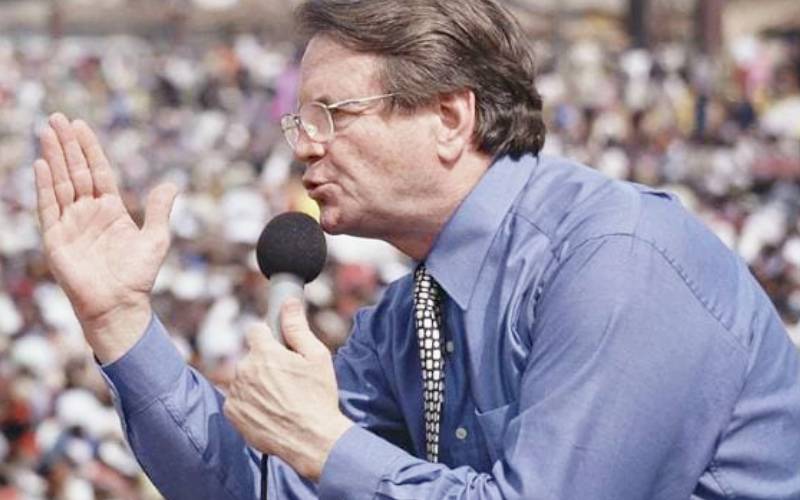×
The Standard e-Paper
Stay Informed, Even Offline

Last week, Evangelist Reinhard Bonnke (pictured) went to be with the Lord, which is Christian-speak for transitioned, passed on or in simple died. A beloved global figure, Bonnke is said to have converted over 75 million people to Christianity in the course of his lifetime.